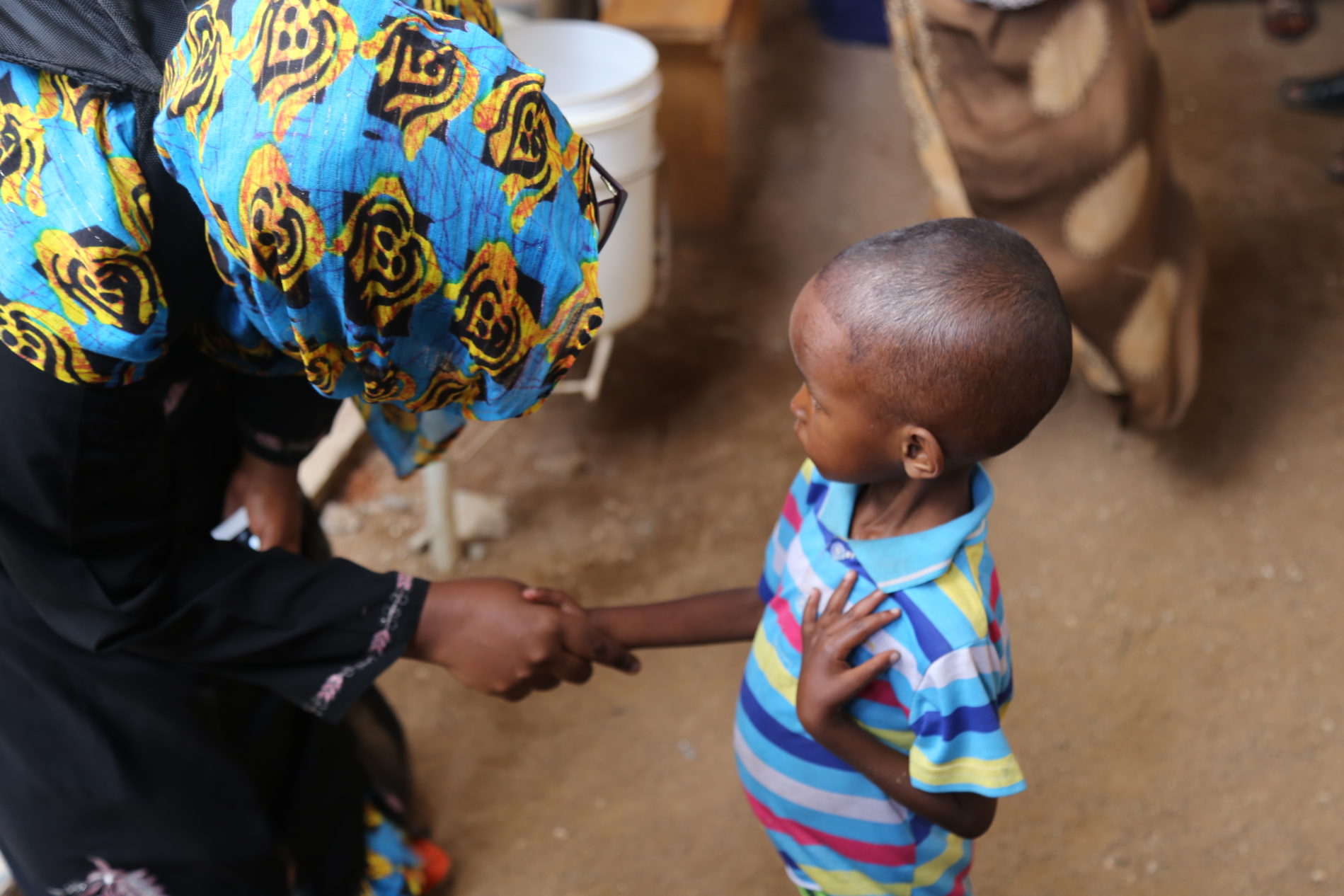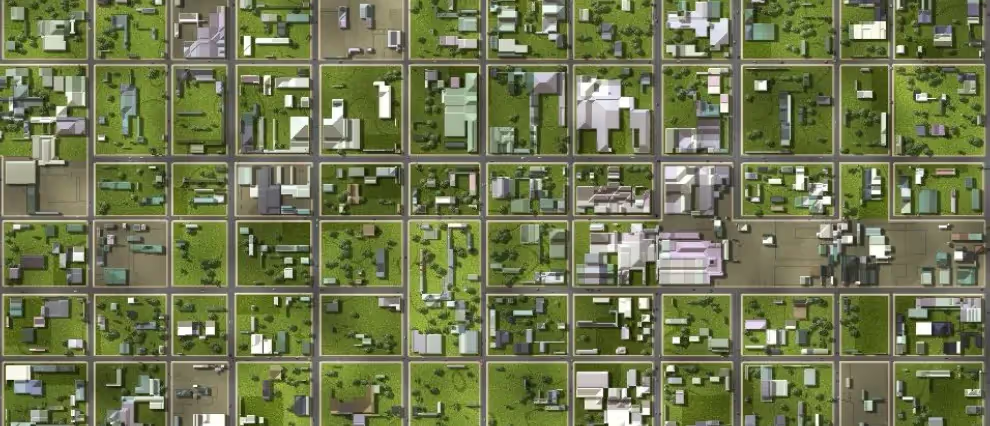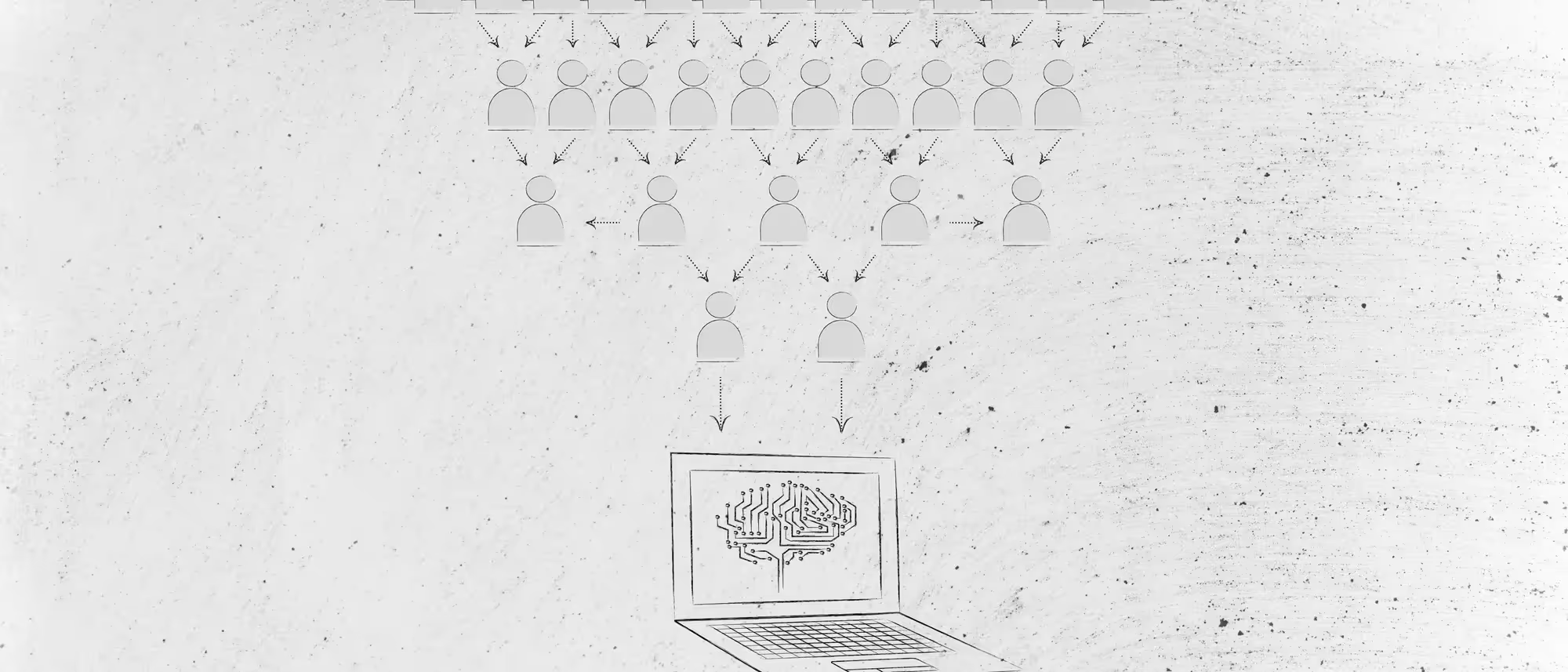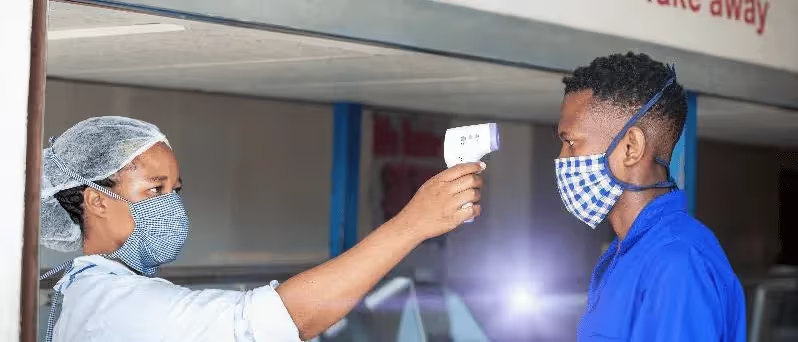Why invest in more research for cash programming?

In a world that is facing humanitarian need on an unprecedented scale with inadequate resources and funding, it is crucial that we provide aid in the most effective way possible. Recognising this is one of the reasons for the growing efforts to make humanitarian action more evidence-based, which are supporting greater use of research in humanitarian settings to help guide the choices that need to be made in emergencies of how best to respond.
Research-based evidence of course is the heart of Elrha’s Research for Health in Humanitarian Crises (R2HC) programme and we’re pleased to write about our Elrha supported project that is researching the use of cash and vouchers in response to the food security crisis in the Horn of Africa.
Why research cash programming?
Cash transfers are most salient innovation of humanitarian programming in the last decade. Humanitarians are breathless about the potential of cash to improve the effectiveness of emergency responses, achieving humanitarian outcomes and giving beneficiaries dignity and choice while boosting local markets.
There is a significant evidence base for the advantages of cash transfers over in-kind provision of goods or services in many circumstances where markets are functioning and crisis-affected people can pay for necessities such as food, water, household supplies and services, rent, or productive assets. However there is a dearth of rigorous research that compares humanitarian outcomes across assistance modalities. The strongest studies that have been carried out have focused on food-security outcomes, leaving significant gap in understanding whether and how cash transfers have potential to achieve the critical humanitarian outcomes of other sectors in what circumstances and for what groups of vulnerable people. In other words, robustly testing whether different types of assistance (cash, vouchers, in-kind) differ in their impact in specific sectors (nutrition, WASH, protection, livelihoods) and if they do, why and for whom, do such differences occur. Such research is crucial to guide the further expansion of cash transfers and ensure that their full potential is realized and their limitations understood.
Cash and Vouchers for nutrition - a study of nutritional outcomes for vulnerable groups in the Somalia food crisis
Our project focuses on the effectiveness of different modalities of assistance being provided to households in response to food insecurity in preventing acute malnutrition in pregnant and lactating women and children under five years of age. We are aiming to compare the effectiveness of food vouchers to the effectiveness of mixed transfers, consisting of food vouchers and unconditional cash transfers.
The findings may be directly used to guide choices in the current famine response and help improve the effectiveness of future responses by applying the implications to nutrition and food security practice and policy. As this research project progresses, we look forward to sharing updates and our learnings through this blog series.
By Kevin Savage and Shannon DoocyIn a world that is facing humanitarian need on an unprecedented scale with inadequate resources and funding, it is crucial that we provide aid in the most effective way possible. Recognising this is one of the reasons for the growing efforts to make humanitarian action more evidence-based, which are supporting greater use of research in humanitarian settings to help guide the choices that need to be made in emergencies of how best to respond.
Research-based evidence of course is the heart of Elrha’s Research for Health in Humanitarian Crises (R2HC) programme and we’re pleased to write about our Elrha supported project that is researching the use of cash and vouchers in response to the food security crisis in the Horn of Africa.
Why research cash programming?
Cash transfers are most salient innovation of humanitarian programming in the last decade. Humanitarians are breathless about the potential of cash to improve the effectiveness of emergency responses, achieving humanitarian outcomes and giving beneficiaries dignity and choice while boosting local markets.
There is a significant evidence base for the advantages of cash transfers over in-kind provision of goods or services in many circumstances where markets are functioning and crisis-affected people can pay for necessities such as food, water, household supplies and services, rent, or productive assets. However there is a dearth of rigorous research that compares humanitarian outcomes across assistance modalities. The strongest studies that have been carried out have focused on food-security outcomes, leaving significant gap in understanding whether and how cash transfers have potential to achieve the critical humanitarian outcomes of other sectors in what circumstances and for what groups of vulnerable people. In other words, robustly testing whether different types of assistance (cash, vouchers, in-kind) differ in their impact in specific sectors (nutrition, WASH, protection, livelihoods) and if they do, why and for whom, do such differences occur. Such research is crucial to guide the further expansion of cash transfers and ensure that their full potential is realized and their limitations understood.
Cash and Vouchers for nutrition - a study of nutritional outcomes for vulnerable groups in the Somalia food crisis
Our project focuses on the effectiveness of different modalities of assistance being provided to households in response to food insecurity in preventing acute malnutrition in pregnant and lactating women and children under five years of age. We are aiming to compare the effectiveness of food vouchers to the effectiveness of mixed transfers, consisting of food vouchers and unconditional cash transfers.
The findings may be directly used to guide choices in the current famine response and help improve the effectiveness of future responses by applying the implications to nutrition and food security practice and policy. As this research project progresses, we look forward to sharing updates and our learnings through this blog series.
By Kevin Savage and Shannon Doocy
Stay updated
Sign up for our newsletter to receive regular updates on resources, news, and insights like this. Don’t miss out on important information that can help you stay informed and engaged.
Explore Elrha
Learn more about our mission, the organisations we support, and the resources we provide to drive research and innovation in humanitarian response.


